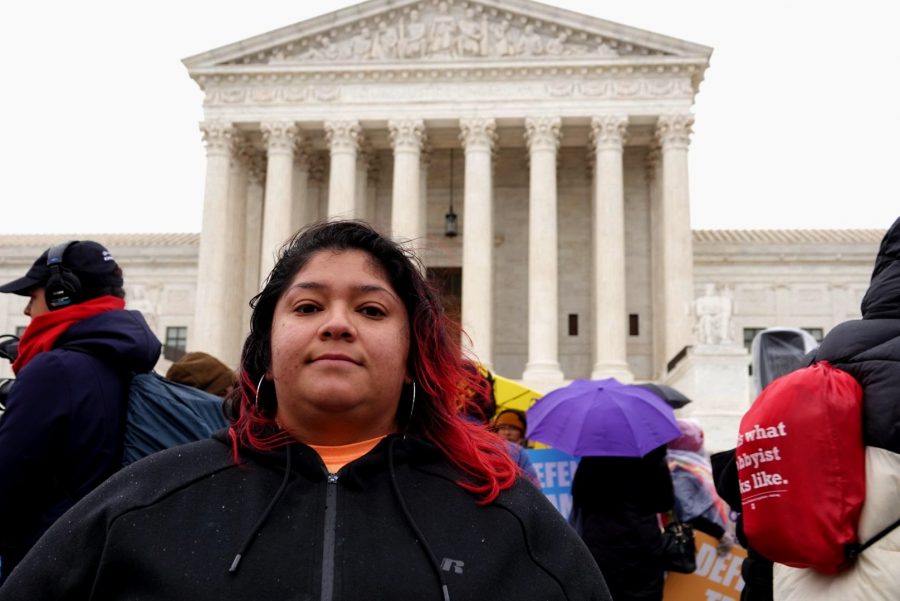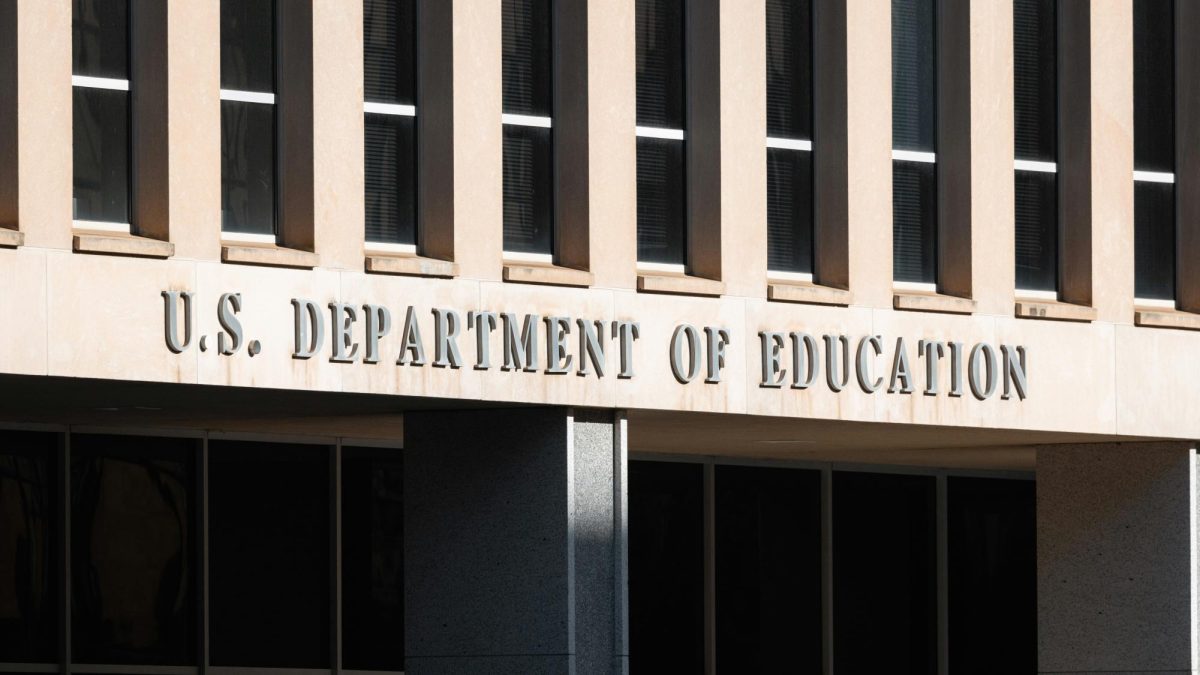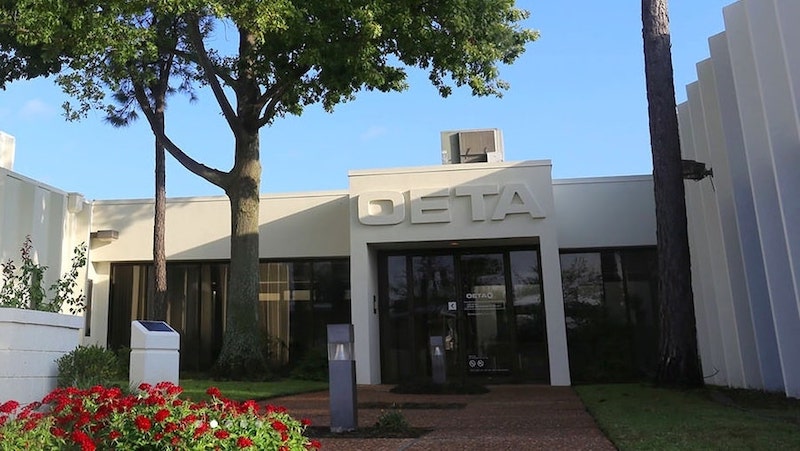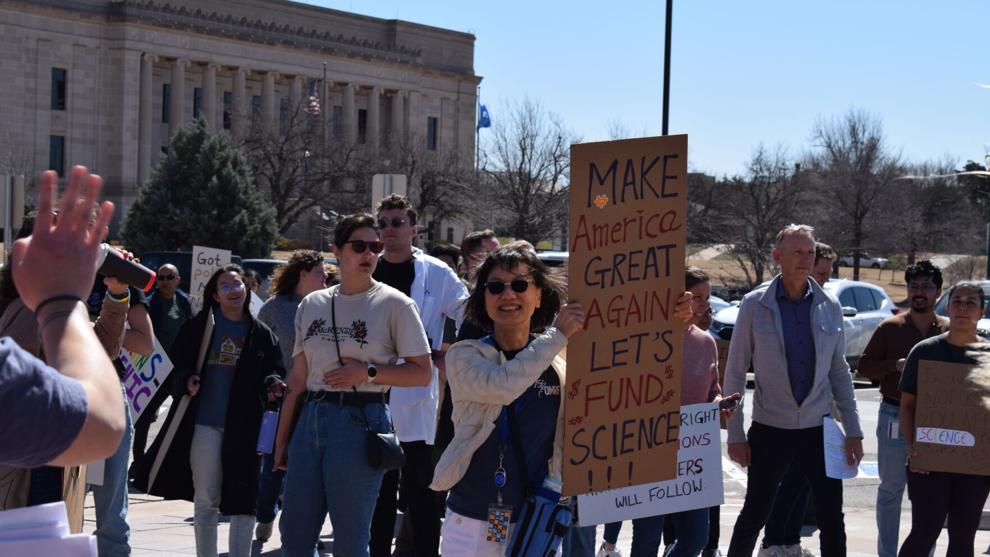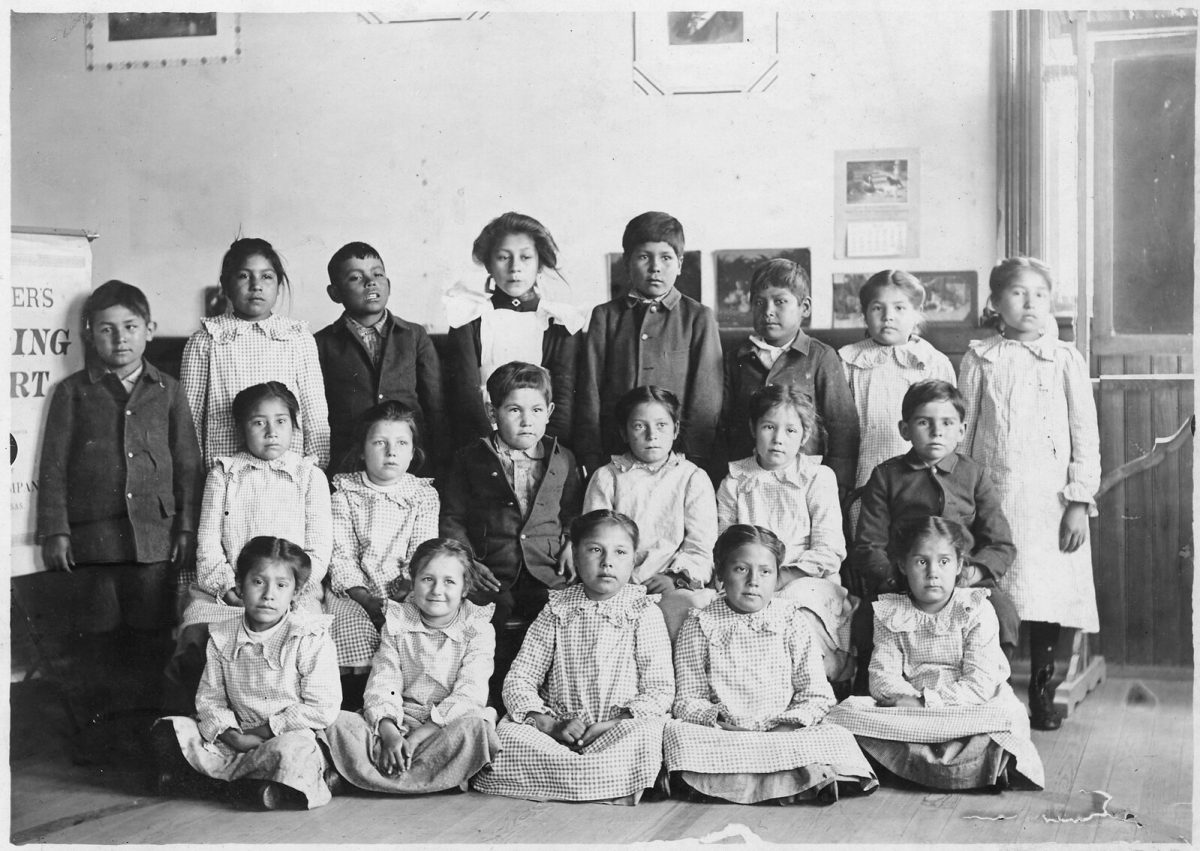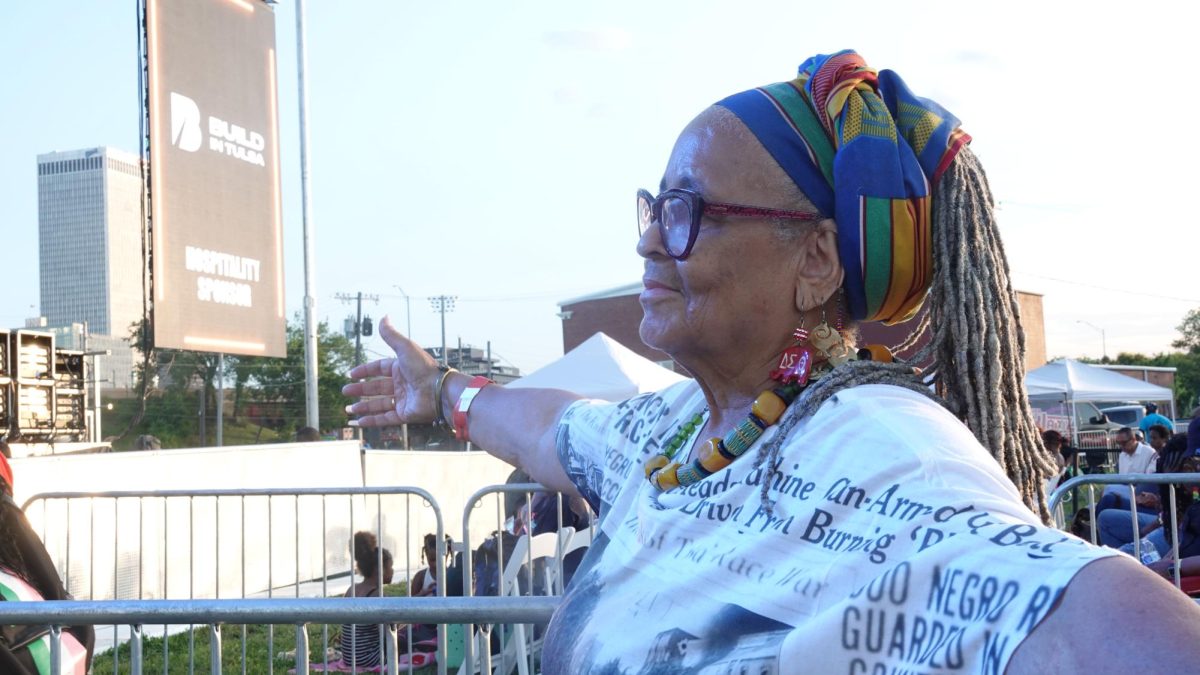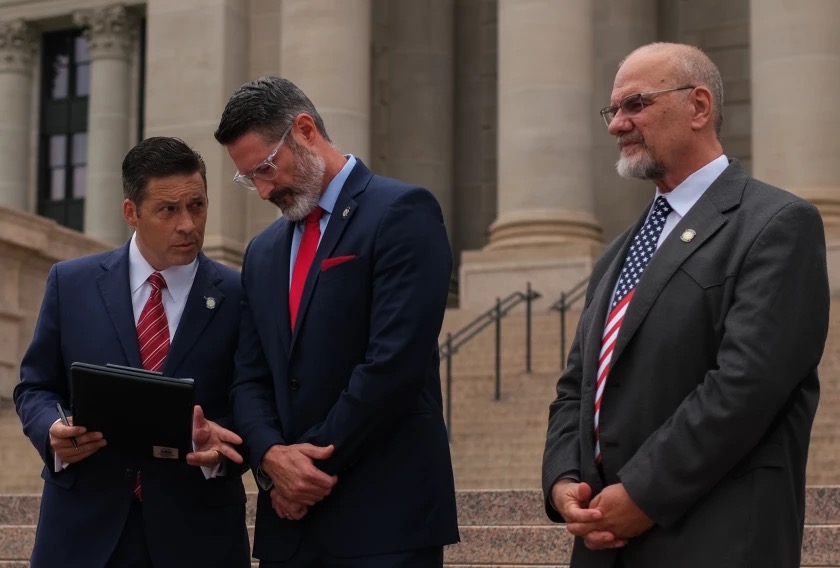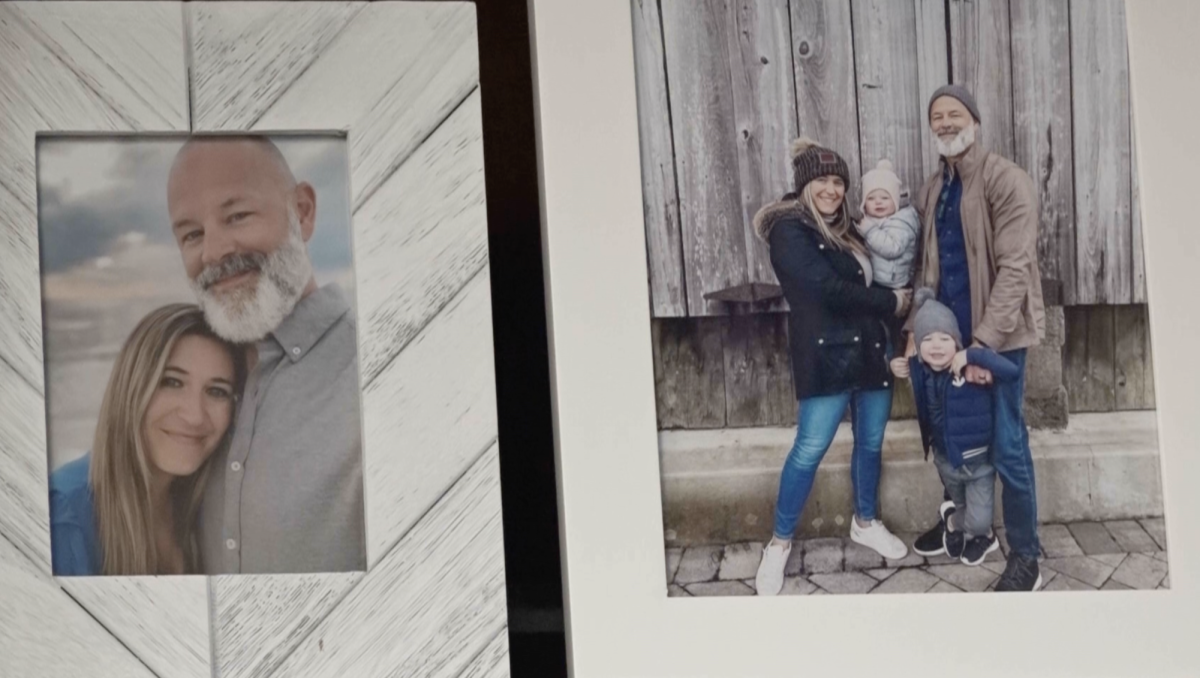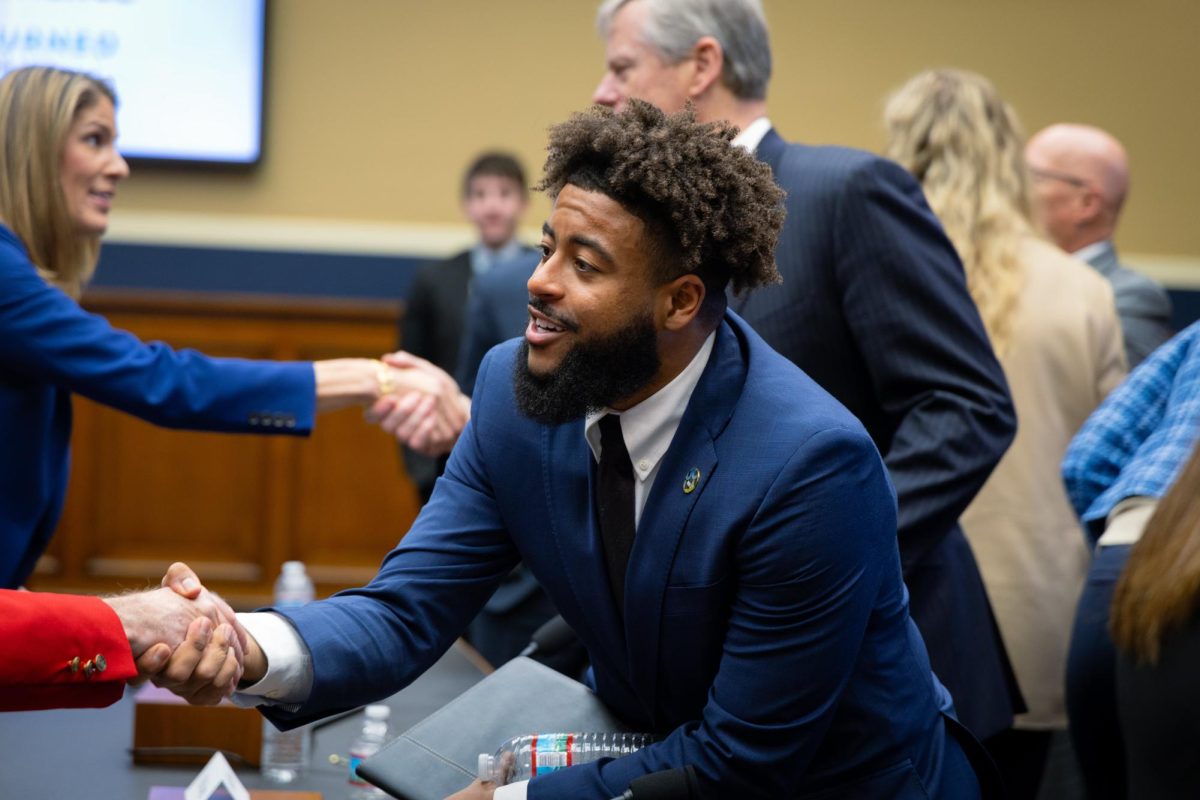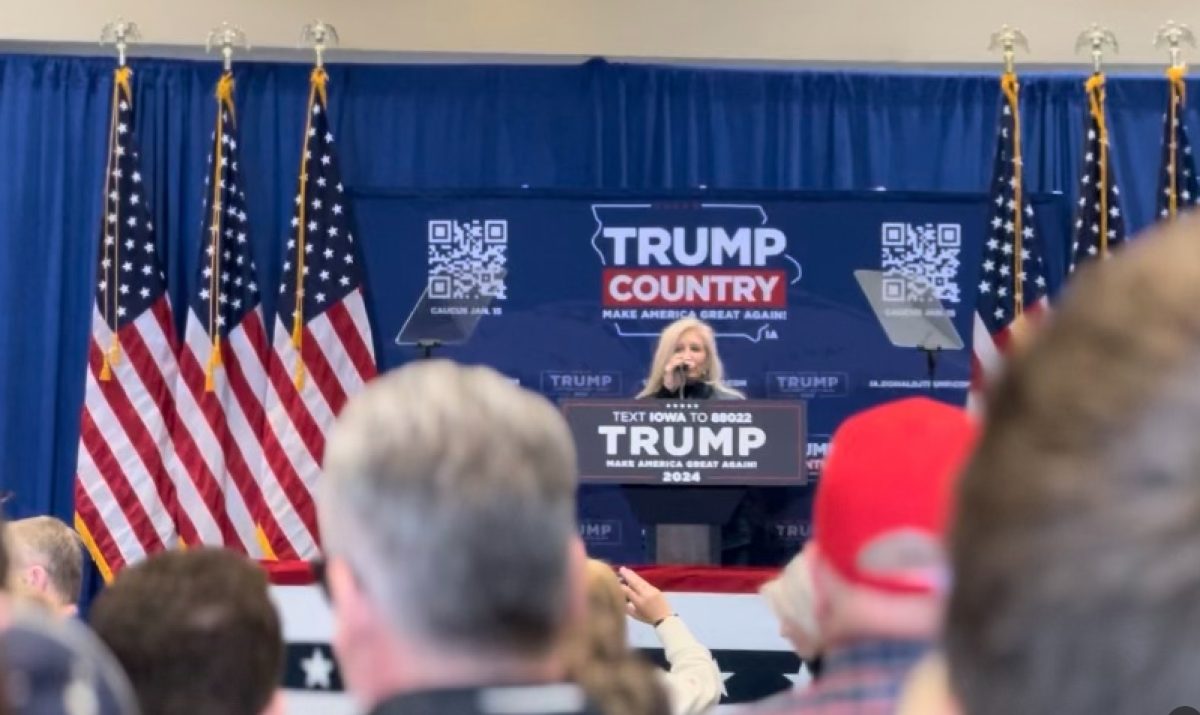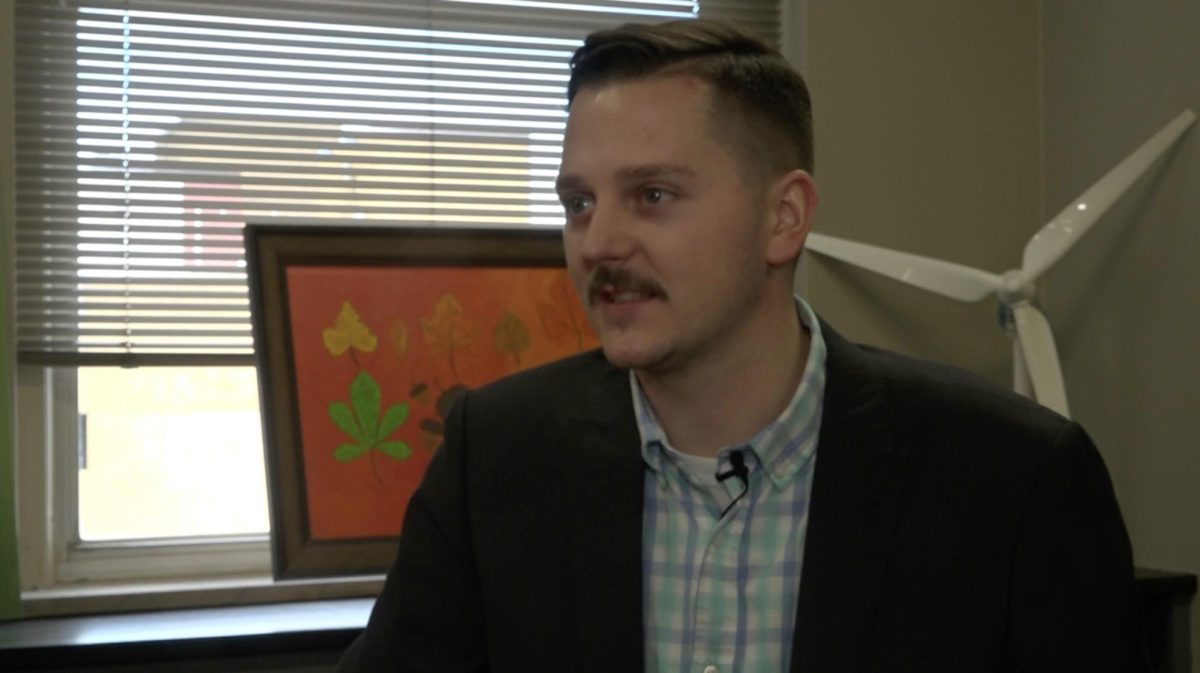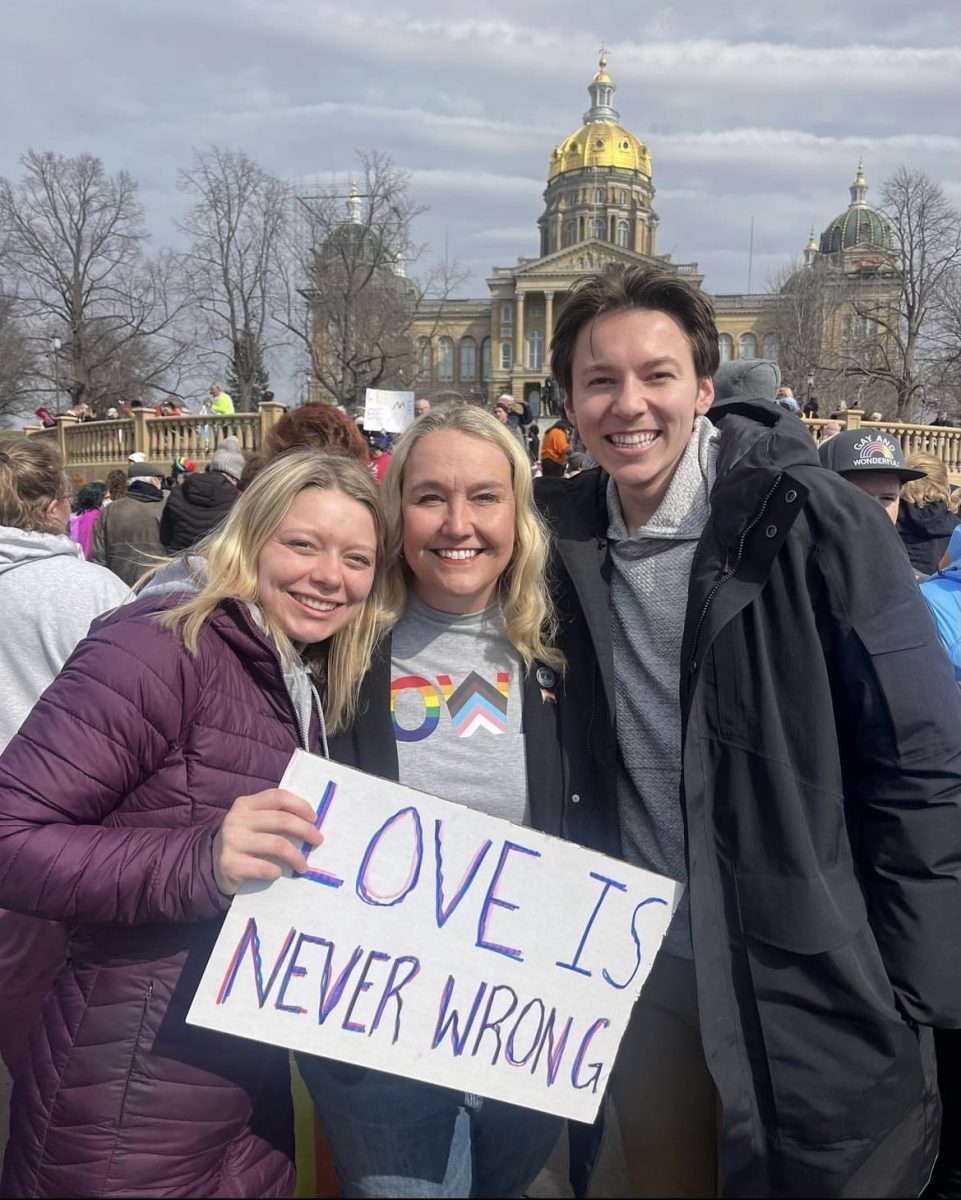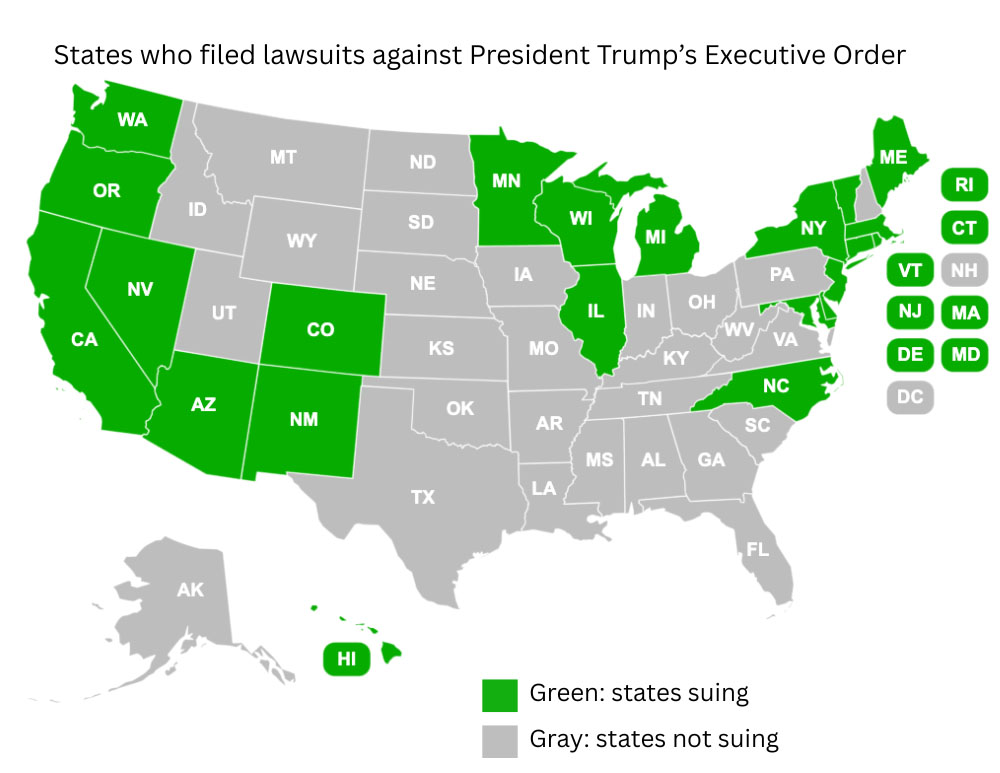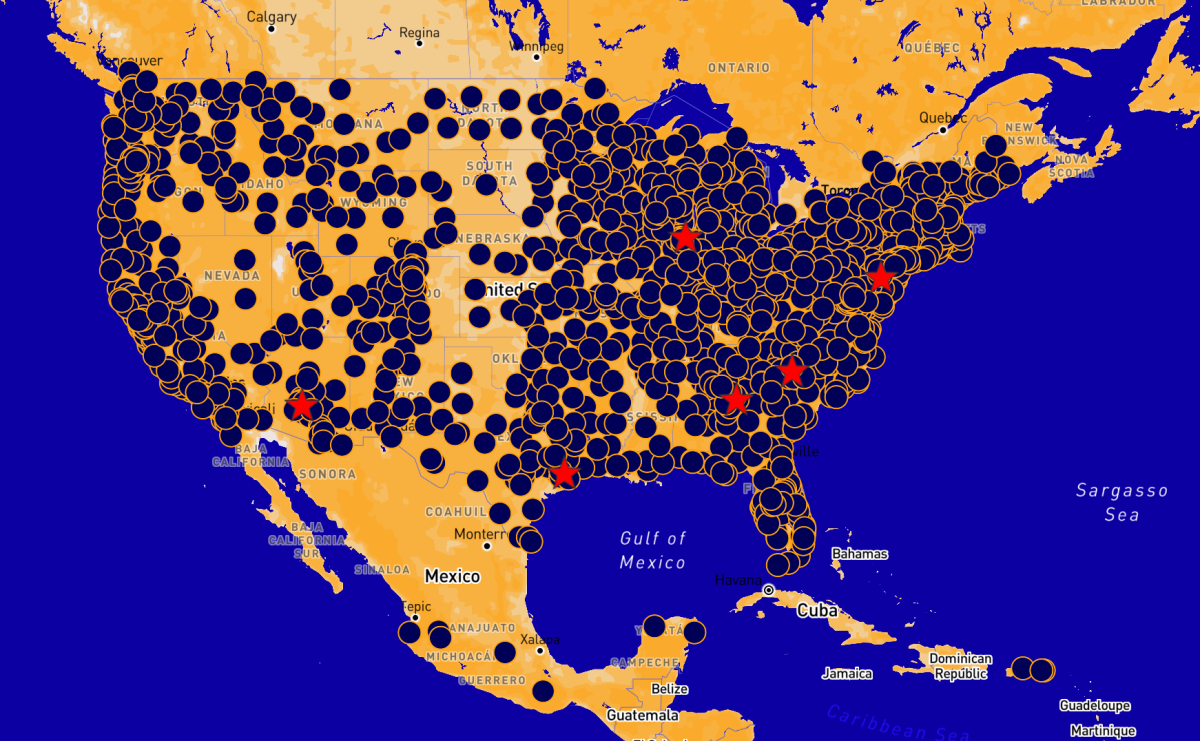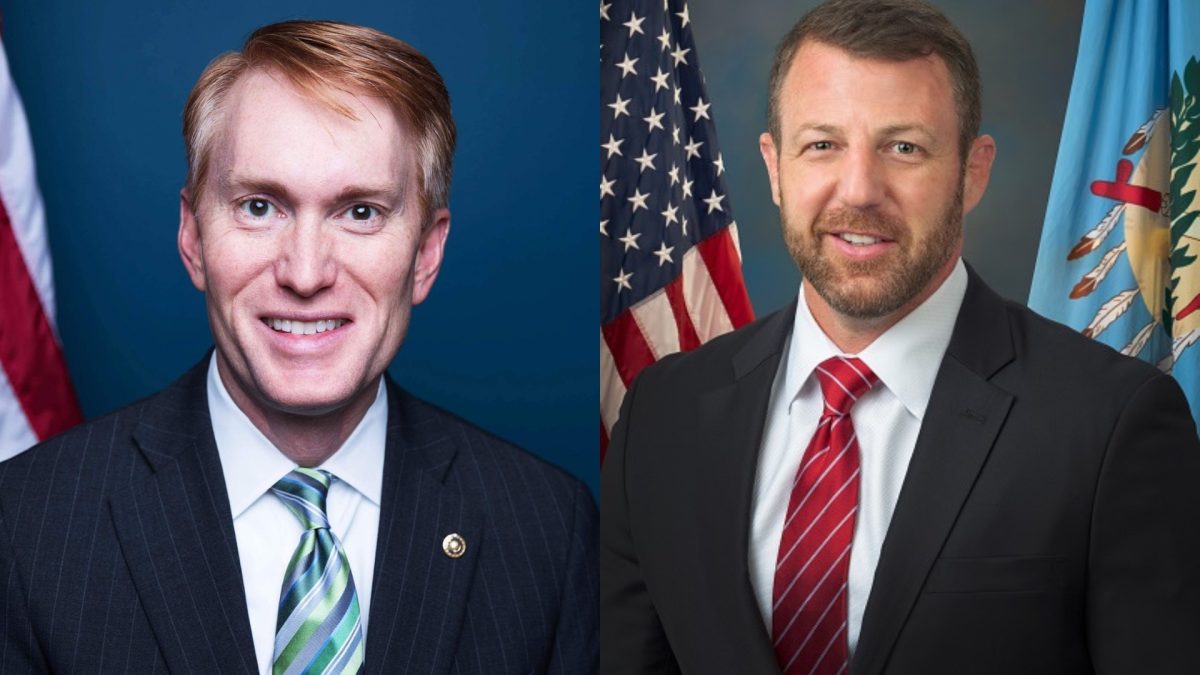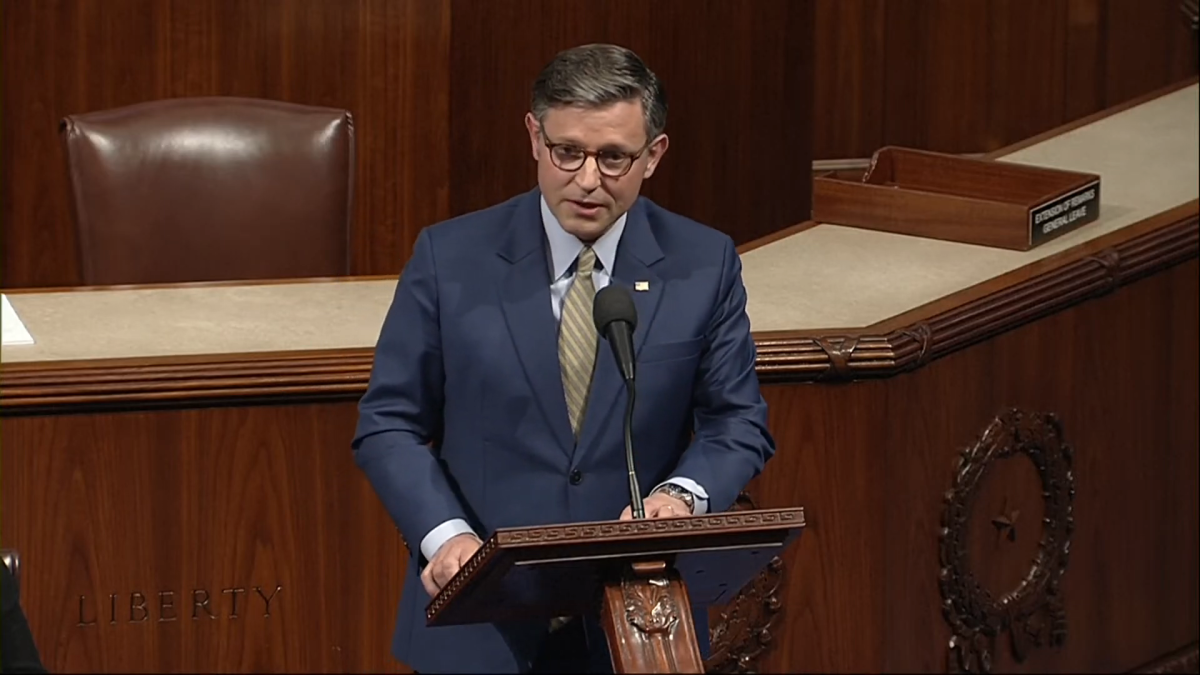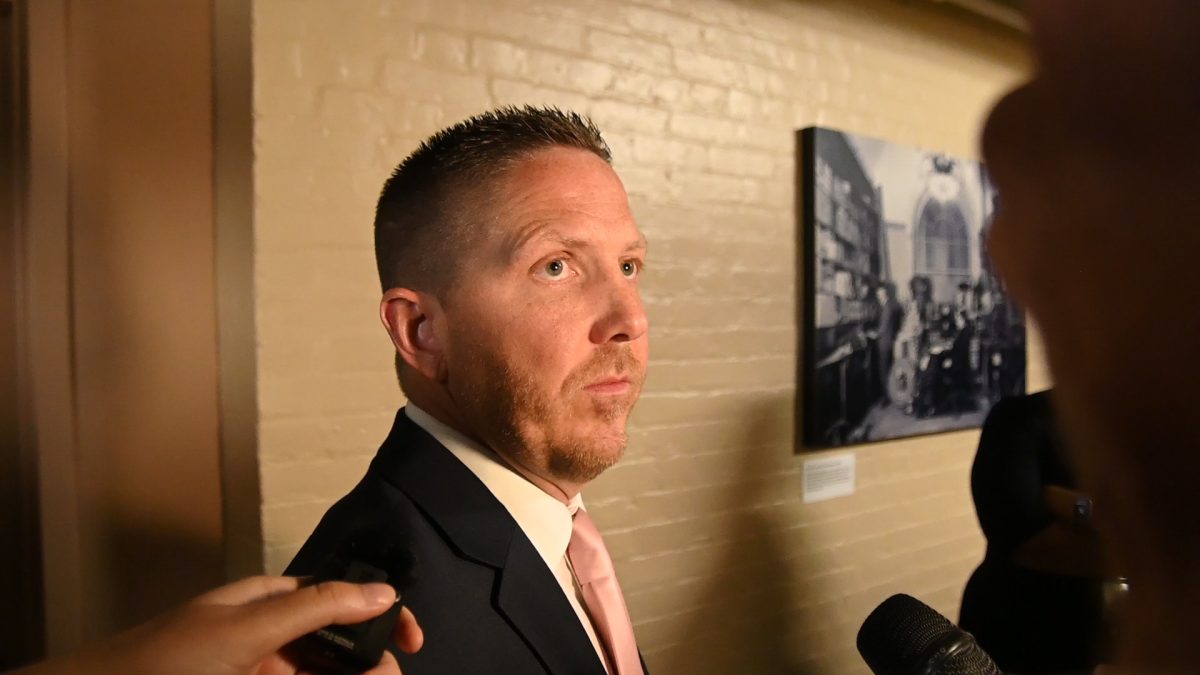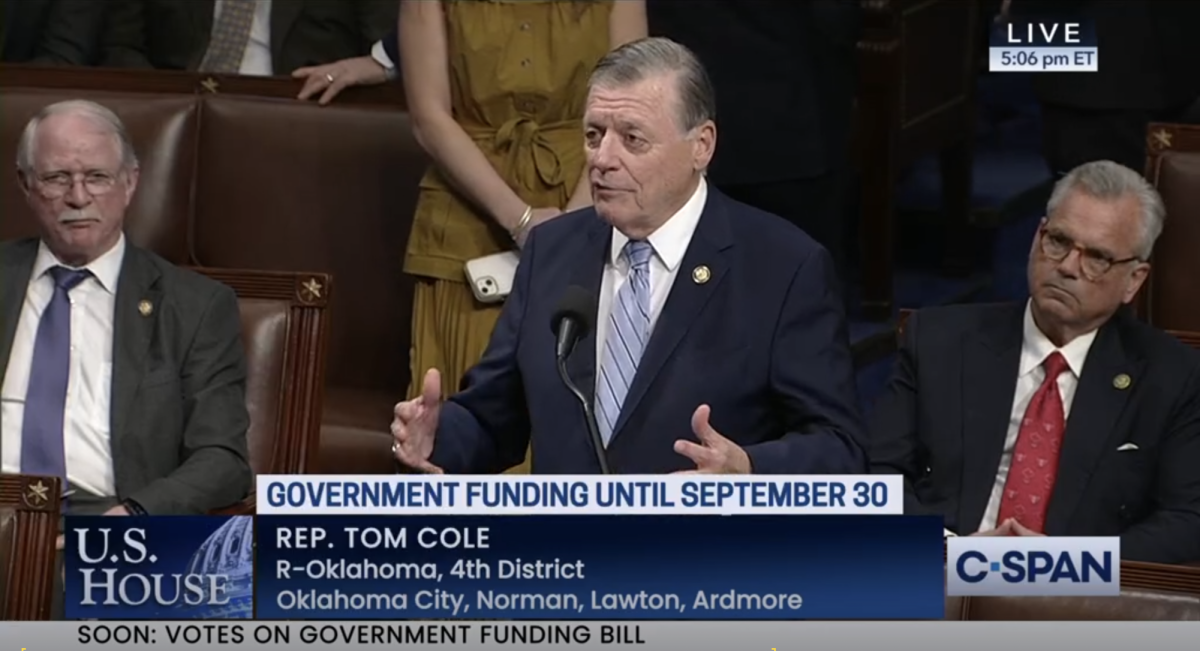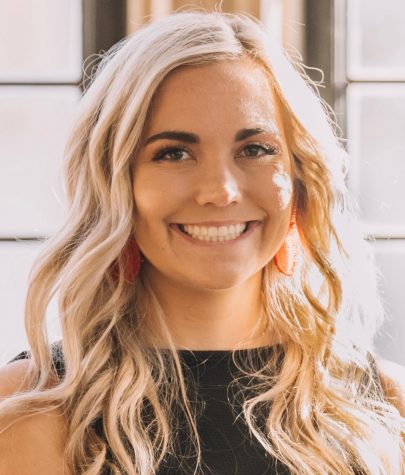WASHINGTON––The fate of nearly 13,000 undocumented Oklahomans and 700,000 undocumented nationwide now rests with the six men and three women justices of the U.S. Supreme Court.
Thousands of advocates from across the country rallied at the court’s steps as justices heard arguments regarding President Donald Trump’s decision to end the Deferred Action for Childhood Arrivals program, or DACA, an Obama-era policy that offered legal protection to individuals who came to the U.S. as children.
After Trump’s decision to end the program was blocked by lower courts, the Supreme Court now faces a historic decision.
Among the crowd was DACA recipient Angelica Villalobos, a lead organizer for Dream Action Oklahoma, who made the trip from Oklahoma, to be at the forefront of the case that could determine her future.
“I think that for me, the biggest thing is having the justices see a face to the story,” Villalobos said. “We’re not just numbers. We are, at the end of the day, human beings.”
Villalobos, of Oklahoma City, moved from Mexico to Oklahoma when she was 11 years old––a choice she said her parents made to give her a better life. Now 34, she has lived in the state for 23 years.
“This is my home,” Villalobos said. “It’s very hard for me to even think about if I have to go back. That’s not even something that I think about because I’ve been here for more than half of my life.”
Although she faces the threat of deportation if the Supreme Court rules to rescind DACA, Villalobos and her husband, who is also a DACA recipient, are not fearful for themselves, but for their American children.
“I have a 19 year-old girl, and we talked about, you know, if we end up in this situation, you might have to be the legal guardian of your siblings,” Villalobos said. “Back in 2017, when they terminated the program, she was not even old enough to, but we were already having this conversation.”

Many have speculated that the decision will come down to Chief Justice John Roberts, a conservative justice who has ruled alongside liberal justices in recent controversial cases.
Trump wasted little time Tuesday in attacking DACA recipients in an early morning Tweet.
“Many of the people in DACA, no longer very young, are far from “angels.” Some are very tough, hardened criminals. President Obama said he had no legal right to sign order, but would anyway. If Supreme Court remedies with overturn, a deal will be made with Dems for them to stay!” he wrote.
Back in Oklahoma, college student and DACA recipient Carlos Rubio, who came to the U.S. from Mexico when he was 3 years old, recalled visiting Washington in 2017 to lobby for DACA.
“I’ve had the opportunity to sit down with members of Congress to talk about comprehensive immigration reform, specifically in the Oklahoma delegation,” Rubio said. “They weren’t super successful, but those are conversations that have happened.”

Among the members of the Oklahoma delegation, Villalobos said advocates from Oklahoma have spoken mostly with Rep. Kendra Horn (D-OK), who has seemed open to discussing the fate of DACA.
“Congress should not hand over the reins on immigration policy to the Supreme Court. We need bipartisan action in Congress to provide a permanent solution that leaves Oklahomans and American businesses with a clear path forward on immigration,” Horn said in a statement. “Finding common ground takes hard work, and I will continue to push Republicans and Democrats to work together to make progress on this issue.”
At a news conference following the Supreme Court hearing Tuesday, House Speaker Nancy Pelosi joined Democratic leaders in urging the Senate to pass legislation that would protect undocumented individuals.
Pelosi said the American Dream and Promise Act, a bill that would offer protections to DACA recipients and provide them with a pathway to citizenship, passed in the House over 160 days ago. However, the bill has yet to be voted on in the Senate.
If the Supreme Court decides to rescind the program, DACA recipients across the country will be left wondering what comes next.
“Congress better be ready for us coming down on them because they promised to have protection for us,” Villalobos said. “We are going to be holding them accountable for that.”
For Rubio, conversations regarding immigration policy should not end when the Supreme Court reaches a decision. Instead, he said an ideal solution would be to focus on comprehensive immigration reform.
“My parents have never been a part of the conversation. They’re just excluded as felons or victims of systems in their countries, and for them to come over to a country and give up everything like that’s their fault…They have as much of a bargaining claim to citizenship or comprehensive immigration reform as we do,” Rubio said. “It’s not just for me, it’s also for them.”
A final decision for the case is not expected to be made until 2020. Until then, the future of nearly 700,000 DACA recipients in the U.S. remains unknown.
Gaylord News is a reporting project of the Gaylord College of Journalism and Mass Communication at the University of Oklahoma.

